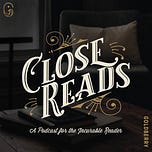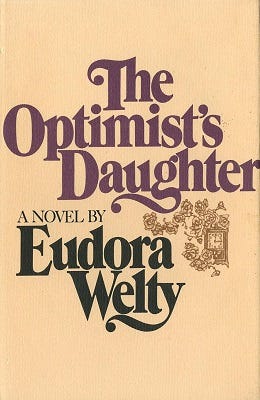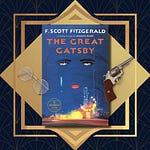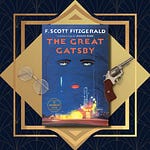Welcome to a new series of episodes on a new book! This week David, Heidi, and Sean are digging into Eudora Welty’s Pulitzer Prize winner, discussing such topics as the book’s similarities to Jane Austen’s work, whether Faye is purely an antagonist, the very Southern sense of humor in the story, and much more! Happy listening!
The Optimist's Daughter: Parts 1 and 2
Apr 24, 2023
Close Reads Podcast
Close Reads is a book-club podcast for the incurable reader co-hosted by David Kern, Heidi White, Sean Johnson, and occasionally Tim McIntosh. We read good books and talk about them.
This is a show for amateurs in the best sense. This is not an experts show: we’re book lovers, book enthusiasts. Our goal is have empathetic and intelligent conversations about good books.
Close Reads is produced by Goldberry Studios, the podcast wing of Goldberry Books, a family-run indie bookshop in Concord, NC.
Close Reads is a book-club podcast for the incurable reader co-hosted by David Kern, Heidi White, Sean Johnson, and occasionally Tim McIntosh. We read good books and talk about them.
This is a show for amateurs in the best sense. This is not an experts show: we’re book lovers, book enthusiasts. Our goal is have empathetic and intelligent conversations about good books.
Close Reads is produced by Goldberry Studios, the podcast wing of Goldberry Books, a family-run indie bookshop in Concord, NC.Listen on
Substack App
RSS Feed
Appears in episode
Recent Episodes



















Share this post